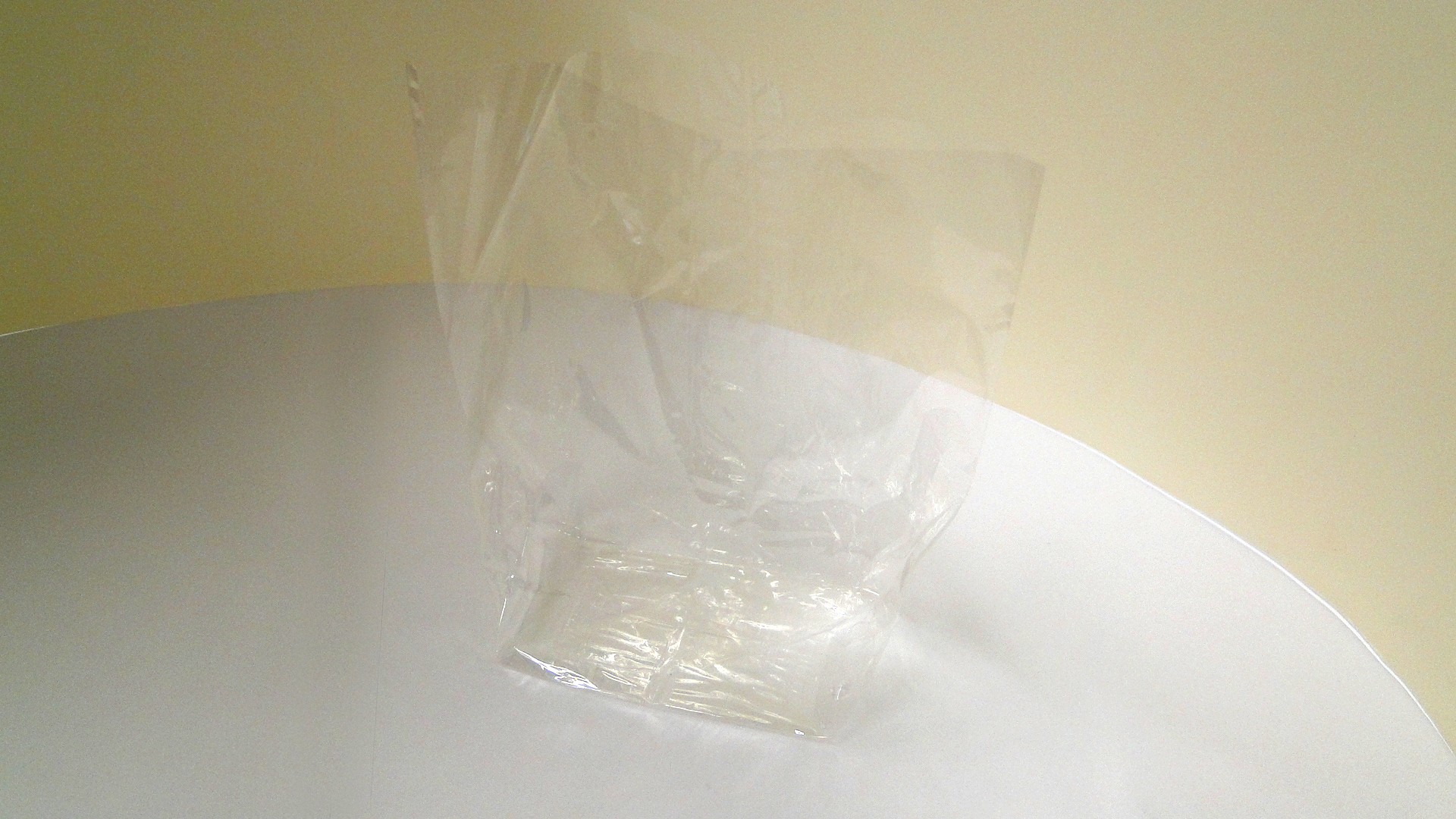Plastics
Cellophane (CE)
General information
Description
Cellophane is a film made of regenerated cellulose. It is a plant product and biodegradable. It is actually not a plastics, but often recognised as a plastic and therefore included in this tool.History
Cellophane was patented in 1912 and became commercially available that year. Since the 1960s it has been replaced by other plastic films. However, because of its biodegradability, nowadays its use is increasing again.Production, Application, Appearance
CE is only produced as film and is often transparant. It makes a rustling noise and feels quite hard and smooth. It is used as packaging film, especially for cigars, food wrapping, and as a base for self-adhesive tapes (Sellotape, Scotch Tape).Properties
Material properties
ThermoplasticDensity: 1.50-1.52 g/cm3
Melting point: 175-205 °C
Glass transition temperature: ??°C
Identification properties
Cell structure (foam): not applicableSmell: no particular smell
Touch: (no) characteristic touch
Sound: produces a crackling sound
UV-radiation (when clear): illuminates yellow
Polarizing filters (for clear CE): produce prismatic colours - reversing the effect of the filters
Degradation
Process
Photo-oxidation (degradation by light), atmospheric degradation, soiling (electrostatic).Details
Is not considered a problem plastic.Symptoms
Yellowing, loss of mechanical properties resulting in tears.Susceptibility
UV-radiation: MediumLight: Medium
Oxygen/Ozone: Low
Temp: Low
RH: Medium
Preventive conservation
Recommendations
UV-RADIATION: keep below 75 µW/lm UV filter for daylight and fluorescent light - reduce intensityLIGHT: 1 just noticeable change in approx. 30 Mlx.h Moderate light dose. Control intensity and exposure time.
OXYGEN / OZONE: ambient conditions
TEMP: common indoor conditions 10-30°C
RH: common museum conditions 40-60% RH fluctuations: setpoint ±10% or ±5% when allowing seasonal fluctations between 35-65%

